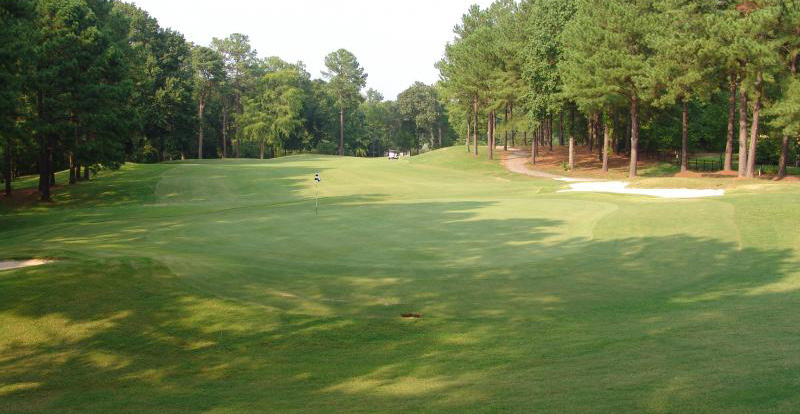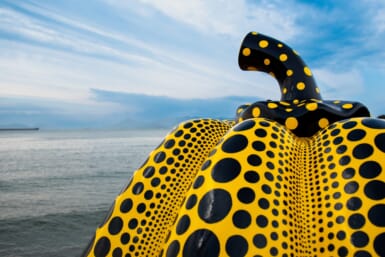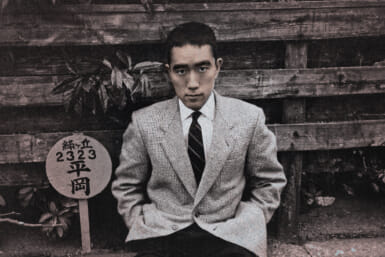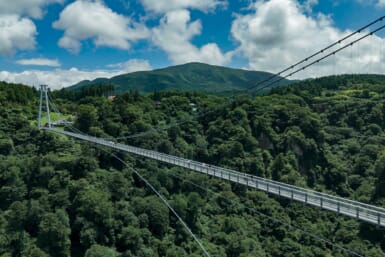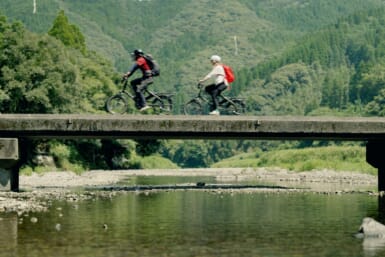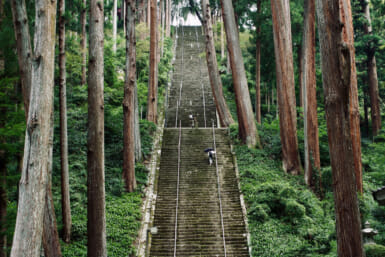by Darrell Nelson
Despite the poor economy, golf is currently seeing a bit of a renaissance here in Japan, propelled by wonder kids like Ryo Ishikawa and a surge of new female interest from those who want to be the next Ai Sugiyama. Consisting of immaculate greens and often lush grass fairways, golf courses here, as in the rest of the world, take a huge amount of maintenance and resources to keep them in the conditions players have come to expect. All of this in turn takes a huge toll on the environment, from water requirements to the paper score cards are printed on, to the huge plots of land carved out of natural habitats. However, with the ever-increasing focus on sustainability and all things ‘green,’ even golf courses are starting to look toward the socially responsible side of the business.
Just last year Kyocera held the 3rd Ladies Open in Satsuma, which was billed as one of the first ‘eco golf tournaments.’ Using Tradable Green Certificates, they ensured that “the equivalent amount of power required for holding the three-day event, approximately 15,000 kilowatt hours, was produced through renewable energy sources.”
Meanwhile, earlier this year Australia saw the launch of one of the first organic golf courses, Kabi Golf Course. The entire 18 holes is certified organic by the Biological Farmers Association (BFA), meaning it’s free of any synthetic fertilizers, pesticides, and all other chemicals traditionally used on golf courses. What’s more, the clubhouse restaurant lists a menu of organic beef, chicken, and herbs. Amazingly, nothing goes to waste, and even the toilets are compost feeders that can feed any liquid nutrient back to the course’s forests via sand filters.
A surprising step is that golf courses in Japan and around the world have started becoming increasingly aware that they have to change their ways in terms of how they run the courses. As global warming increases, common sense prevails, and the leaders of commerce and industry begin to realize there’s yen to be made by being green-minded, environmentalism is going to have large, growing, and profound effects on all of our lives. What does this mean for golf? Like the fur coat and the gas guzzling SUV, the ‘Augusta look’—freakishly green wall-to-wall grass on a life-support system of too much water and toxic chemicals, with ornamental flowers all over the place—will become less admired, and even stigmatized, as players look toward a more natural and sustainable option.
Sustainable Business is no longer an option, but a necessity, to stay ahead in the market. The Anaheim University Kisho Kurokawa Green Institute, located in Minami Aoyama, Tokyo, currently offers one of the largest selections of sustainable courses available, including MBAs, Diplomas, and Green Certificates in Sustainable Management. For more information see www.anaheim.edu or contact[email protected] for an information session. Darrell Nelson is the International Liaison Office Director for the Kisho Kurokawa Green Institute.

